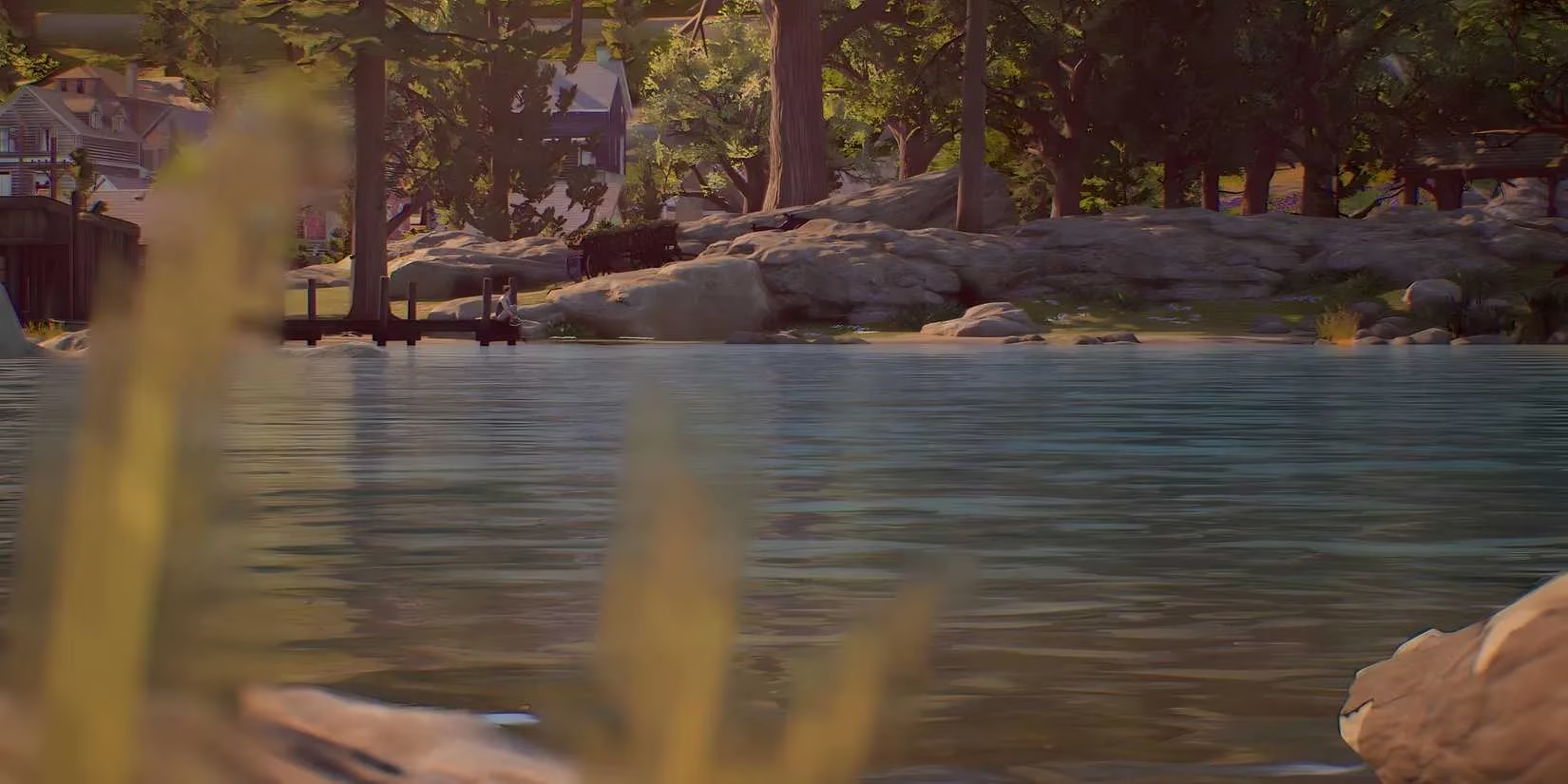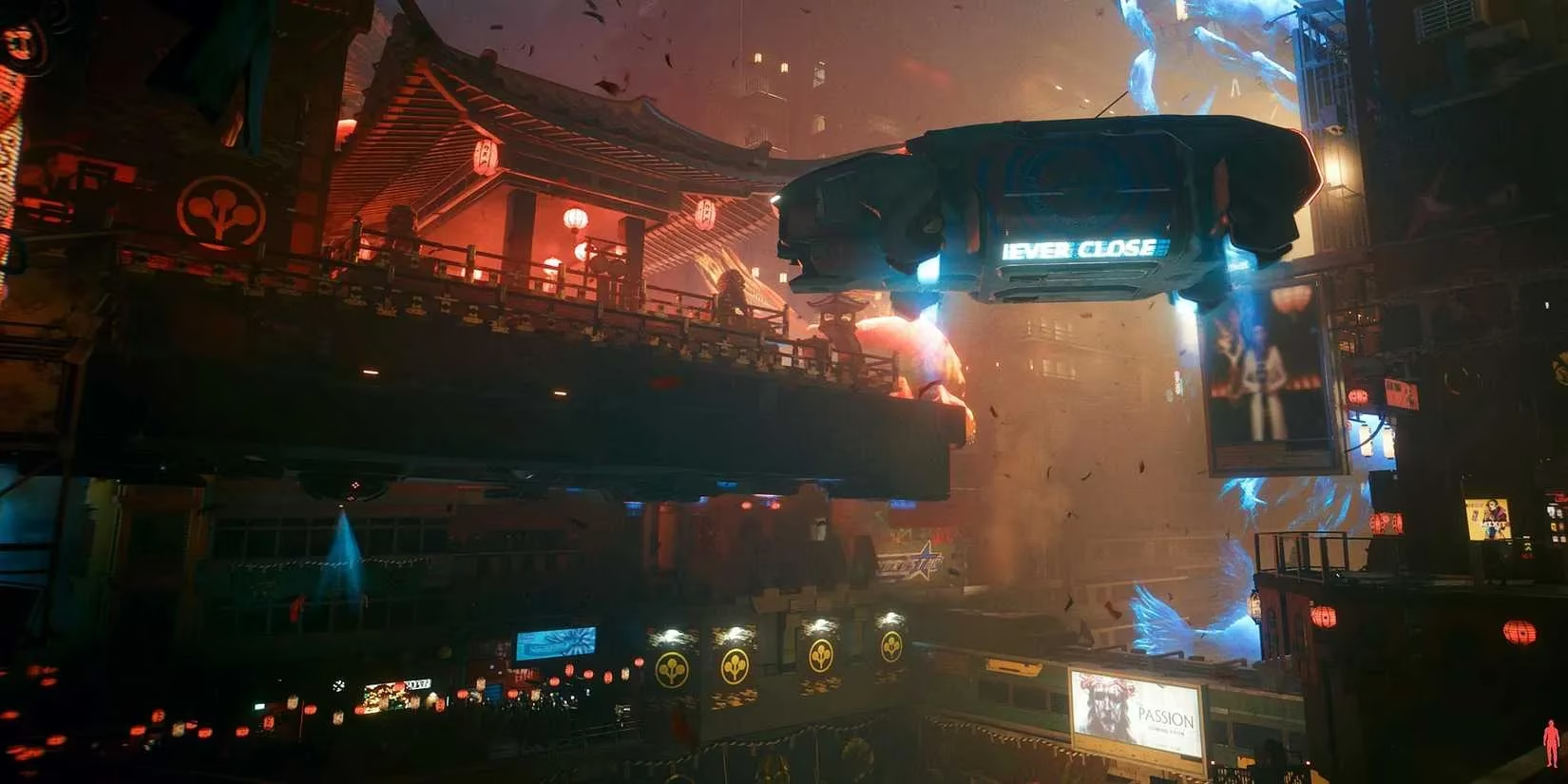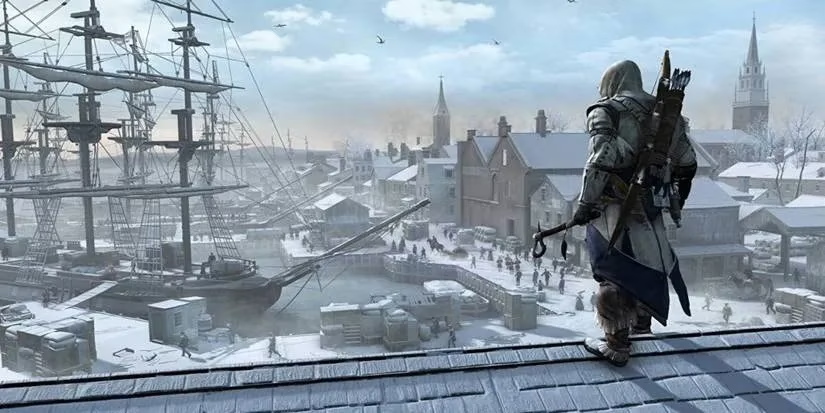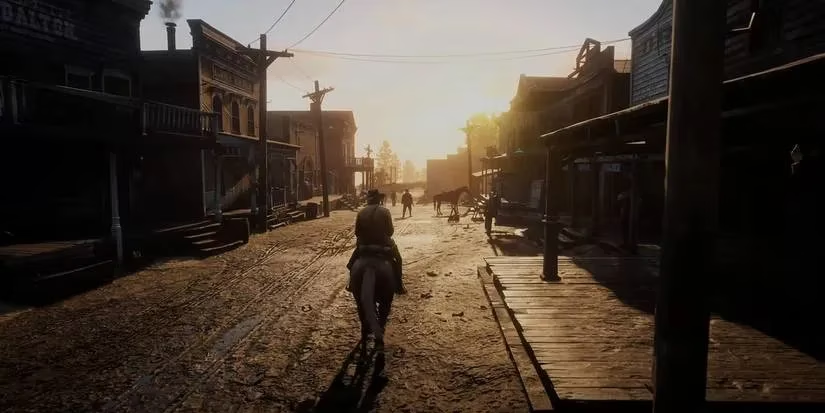Virtual Americana: How Games Capture the Complex Soul of America
Explore how video games vividly depict America's diverse regions, history, and culture, offering immersive insights into its complex soul and societal contrasts.
As an American gamer, I've always found it wild how video games can hold up a mirror to our nation's messy, beautiful soul—way better than any textbook ever could. Let's be real: America isn't just one story; it's a patchwork quilt of regions, histories, and contradictions. You’ve got colonial grit, wild-west dreams, and dystopian tech nightmares all coexisting. Games dive into this chaos without flinching, showing the sublime and the ugly in equal measure. Whether it's the rain-soaked forests of Washington or the neon-drenched alleys of a cyberpunk future, these virtual worlds teach outsiders (and even us locals) what it feels* like to live here—the hopes, the hypocrisies, and that relentless pursuit of something more.
🔍 People Also Ask: Can games really depict America's regional diversity?
Oh, absolutely—and Life is Strange nails the Pacific Northwest vibe like nothing else. Wandering through Arcadia Bay’s misty cliffs and laid-back diners, you practically smell the pine needles and hear the ‘hella’ slang dripping from every conversation. It’s a coming-of-age tale wrapped in flannel and existential dread, capturing how small-town Oregon balances eerie solitude with breathtaking beauty. Meanwhile, Far Cry 5 throws you into Montana’s rugged Rockies, where fishing, hunting, and shotgun-toting locals feel ripped from a roadside saloon. The game’s portrayal of wilderness freedom—and the cults that exploit it—is so authentic you’ll start checking your backyard for bliss-poisoned zealots. Seriously, it’s that immersive.

🏙️ Urban America: From satire to survival
If you want a distilled version of modern coastal life, Grand Theft Auto V is basically L.A. with the absurdity dialed to 11. Palm trees, traffic jams, and influencers? Check. But it’s the little details—like NPCs arguing about avocado toast or cops chasing skateboarders—that make Los Santos eerily familiar. Then there’s Cyberpunk 2077, which holds a cracked mirror to our tech-obsessed present. Night City’s corporate greed and homeless encampments? Yeah, that’s not sci-fi; it’s next Tuesday. Walking through its streets feels like a warning: This is where unchecked capitalism leads, folks.

⏳ History lessons with a side of commentary
People Also Ask: Do games tackle America’s uncomfortable past? Damn right they do. Assassin’s Creed III doesn’t sugarcoat colonial brutality—showing indigenous displacement and war through Connor’s eyes. It’s a gut punch compared to the sanitized versions we learned in school. BioShock Infinite goes harder, draping steampunk spectacle over a critique of American exceptionalism. Floating cities and Betsy Ross flags? Gorgeous. But peel back the layers, and you’ll find a scathing take on nationalism. Honestly, it’s art disguised as a fireworks show.

🌄 The American Dream: Broken and beautiful
Nothing wrecks you like Red Dead Redemption II. It’s not just cowboys and shootouts; it’s the slow death of the frontier, where outlaws grapple with a changing world. The ‘land of opportunity’ feels heavy here—more like a noose than a promise. Similarly, The Last of Us turns a cross-country road trip into a graveyard of lost normalcy. Ellie’s quip about pre-apocalypse teens stressing over ‘boys and movies’? Oof. That’s Americana: equal parts nostalgia and naiveté.

📻 Retro futures and rainy nightmares
Fallout’s atompunk Americana is pure genius—1950s optimism twisted by nuclear hubris. From Minutemen callbacks to soda brands, it’s a museum of mid-century kitsch with a body count. And Alan Wake? It’s Washington’s evergreen forests drenched in psychological horror, though they somehow forgot the perpetual rain. Still, the Twin Peaks-esque weirdness feels like home.
| Game | Era Depicted | Core American Theme |
|---|---|---|
| Red Dead Redemption II | Turn-of-the-century West | Myth vs. reality of the frontier |
| Cyberpunk 2077 | Dystopian future | Corporate decay & inequality |
| Life is Strange | 2010s Pacific Northwest | Regional identity & youth culture |
| Assassin's Creed III | Revolutionary War | Unvarnished colonial truth |
So where does this leave us? These games don’t just replicate America; they interrogate it. They ask why we cling to dreams that keep crumbling and why our landscapes—real or pixelated—always feel haunted. Maybe that’s the point: to make us sit with the discomfort, no easy answers attached.